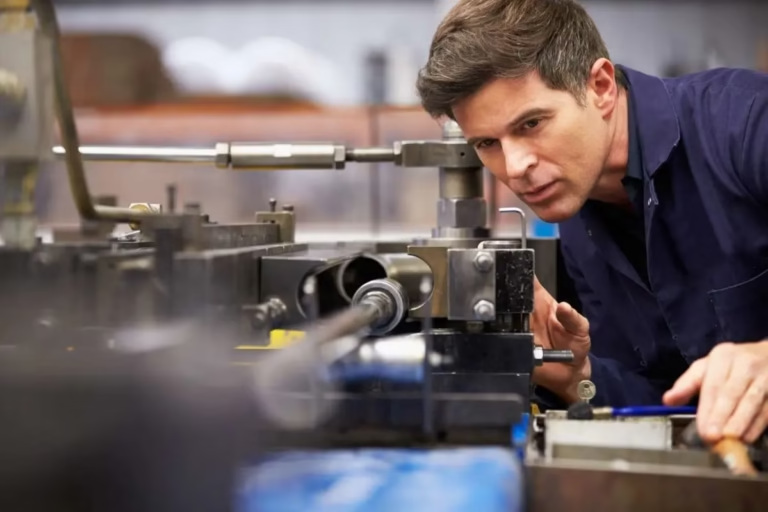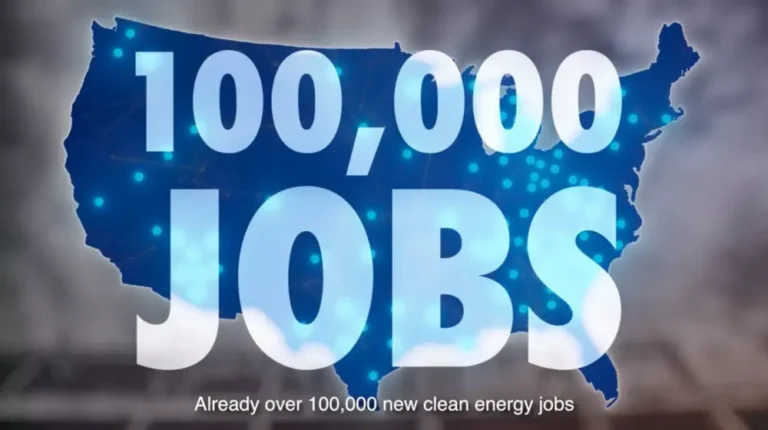The Chicagoland manufacturing industry is an economic powerhouse. Its success stems from its knowledge-intensive approach and creativity-fueled innovation process. Furthermore, high productivity allows manufacturers to reduce low-skilled labor needs thus making their products more cost-effective than products produced in sectors with lower wage workers – according to one study, every manufacturing job creates seven more.
As manufacturers expand, they will require workforces trained to meet their demands. This requires reconsidering the social contract that companies have with the communities where their operations are based; for example, industrial firms often sought to woo them by offering tax breaks and incentives; however, a new report by The Great Cities Institute at Century Foundation and Good Jobs Chicagoland suggests an alternative approach might be more beneficial.
It reveals that the region’s manufacturing sector holds immense promise to address employment inequity. For instance, in 2016 36.6 percent of young black males and 19.8 percent of young Latino males were unemployed or out of work compared to only 5.3 percent for young white males. Furthermore, 16,000 unfilled production job openings, requiring only a high school diploma to apply, are available as frontline production jobs that could accommodate economically disadvantaged workers.
To expand access to these lucrative jobs, the report calls for programs in schools and technical high schools that aim to shift young people’s perception of manufacturing careers and introduce them to them as opportunities. Furthermore, it suggests expanding and scaling career education activities relating to manufacturing such as internships or apprenticeships.



